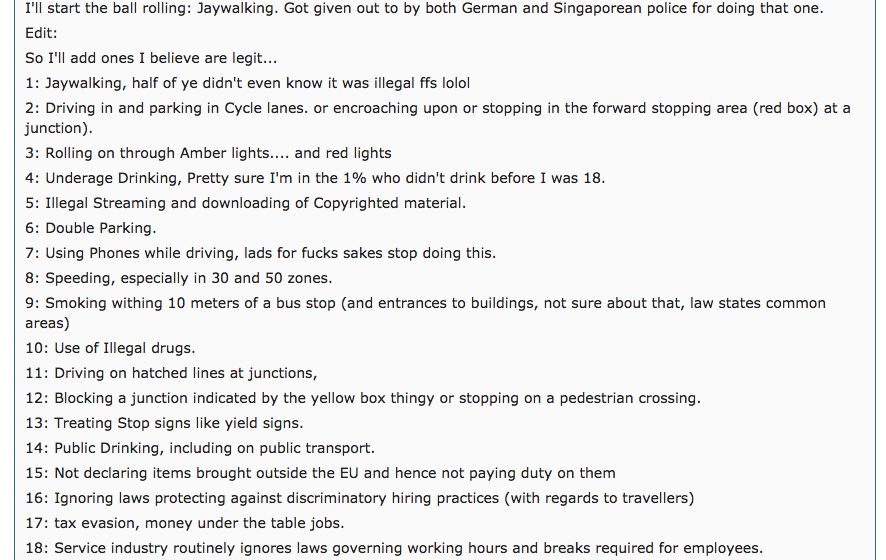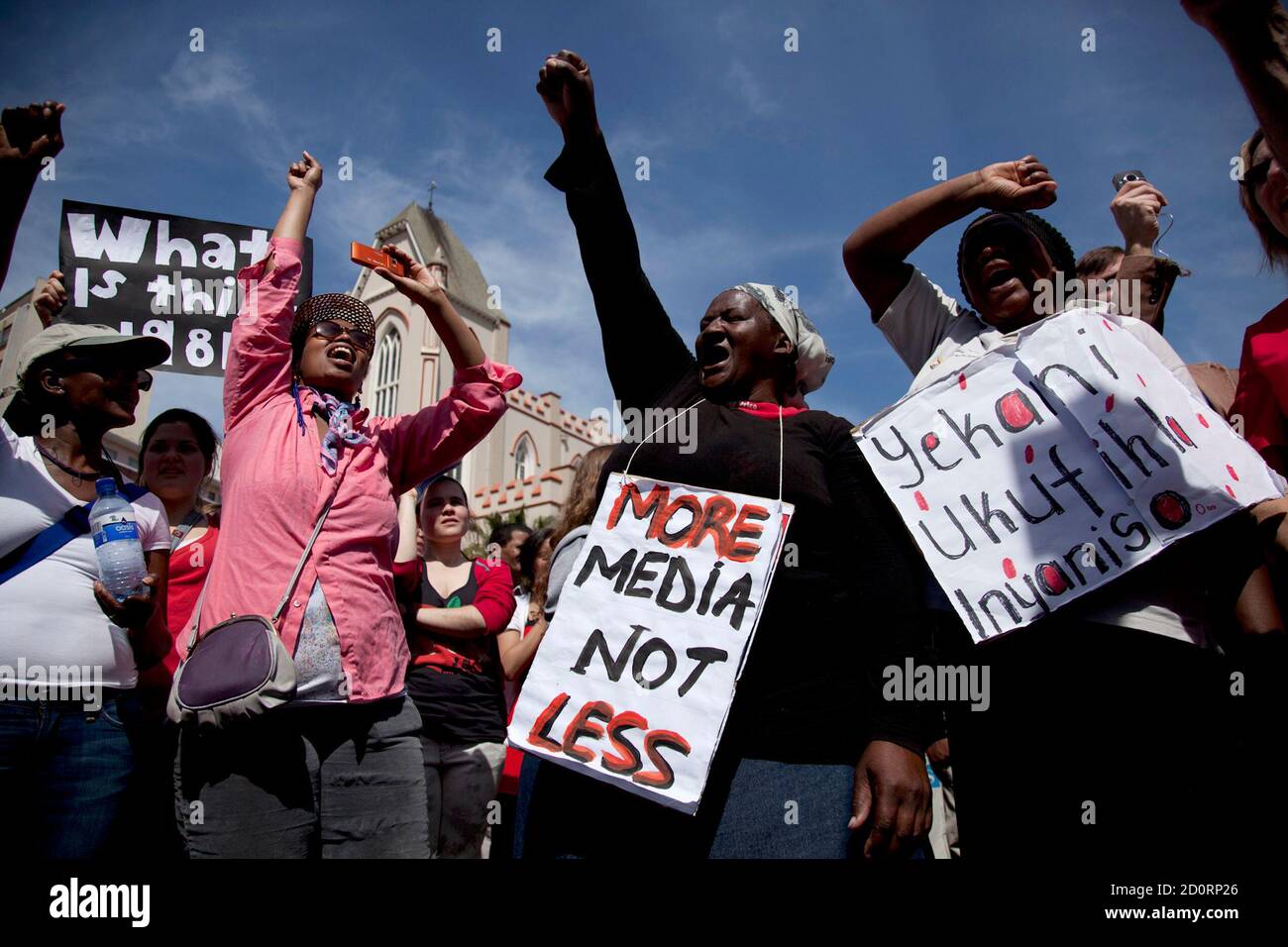

This includes the obligation to register with the authorities, a law that since 2017 has targeted the media, activists and independent journalists. Since 2014, no less than seven legislative amendments have further restricted the ability of Russian NGOs to act. Following an administrative closure, it was ultimately taken over by the regime and more or less wiped out. In another category, some institutions, such as the former Perm 36 Museum which denounced the crimes of the Soviet regime, was itself declared a “foreign agent". The future of the only organization on Russian soil to investigate the crimes of the Soviet past is thus threatened. Since November 23, 2021, the member organization of the FIDH in Russia, the Memorial Human Rights Center, has been facing a liquidation procedure that has every chance of succeeding. Several Russian NGOs have been prosecuted under this legislation, and some have been forced to disband. Thus, the simple fact of wanting - for example - to re-establish a historical truth, or to defend the rights of LGBT people, can lead to being labelled as an agent in the service of foreign powers, naturally hostile to the Kremlin’s policies. Often, it is the source of an organisation’s donations and funding that is singled out to claim its affiliation with the "enemy". It is an interpretation that targets the very functioning of many civil society organisations. This loose and expandable definition consists of those wanting to influence government decision-making in order to change state policy. As early as 2012, legislative measures mentioned the established term "foreign agents", to implicate those suspected of carrying out an activity considered as "political" and in favour of differing interests. But, above all, in a reversal of historical trends, it was Vladimir Putin who most notably revived these measures in the early 2010s to attack NGOs working in Russia. More recently, Ethiopia, adopted a repressive law that paralysed the activities of a large number of human rights NGOs which received foreign funding between 20. Since the Cold War, many regimes have taken up this authoritarian approach against civil society and the media in their countries, such as Greece under the Colonels.

As the saying goes: "Give a dog a bad name and hang him", many activists lost their freedom for their defence of civil rights or trade unions. The result was an exacerbated ideological propaganda campaign which for a long time paralysed many American NGOs, relegating them to the rank of "foreign agents". McCarthyism in the 1950s, in a context of East-West opposition, naturally aggravated this situation. In 1938, Washington passed a law imposing strict controls on NGOs working in the country which received foreign funds and carried out "political activities". From 1938 onwards, the American authorities became obsessed with the idea of a Nazi, and then Soviet, fifth column operating within their territory. The practice is not new, it originated in the United States.

In most cases, this roots from the genuine paranoia of closed political regimes and their leaders when faced with organisations that they suspect of serving the interests of foreign powers, or of political opponents in exile.

All over the world, associations, independent media outlets and NGOs - all which often constitute the last critical bulwark against totalitarian abuses - are facing new laws aimed at curbing their activities by depriving them of means, and at discrediting them.


 0 kommentar(er)
0 kommentar(er)
